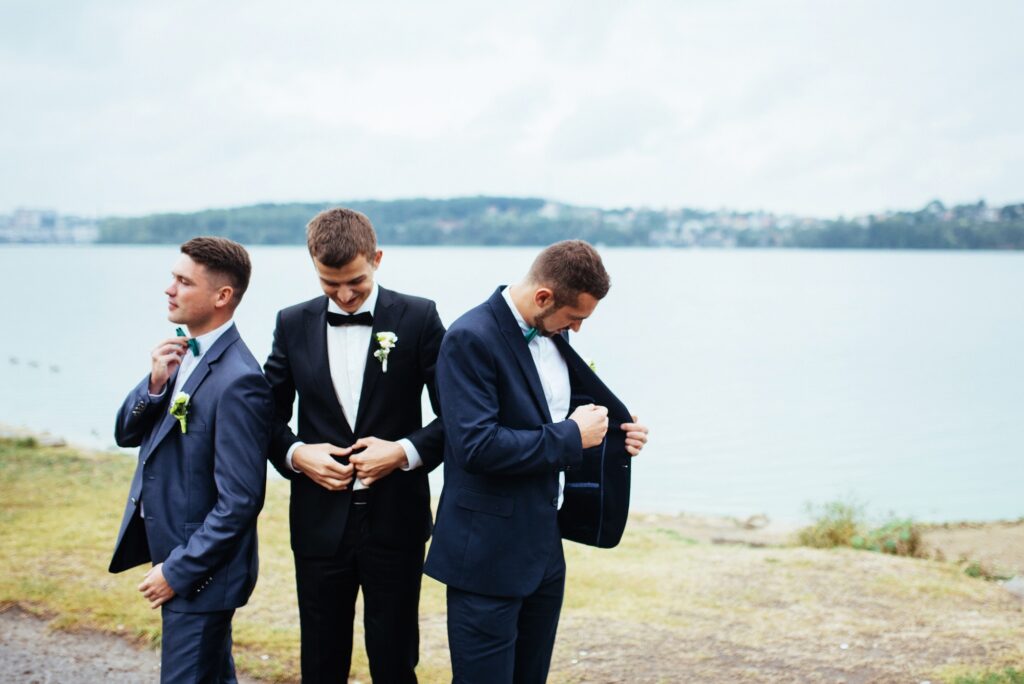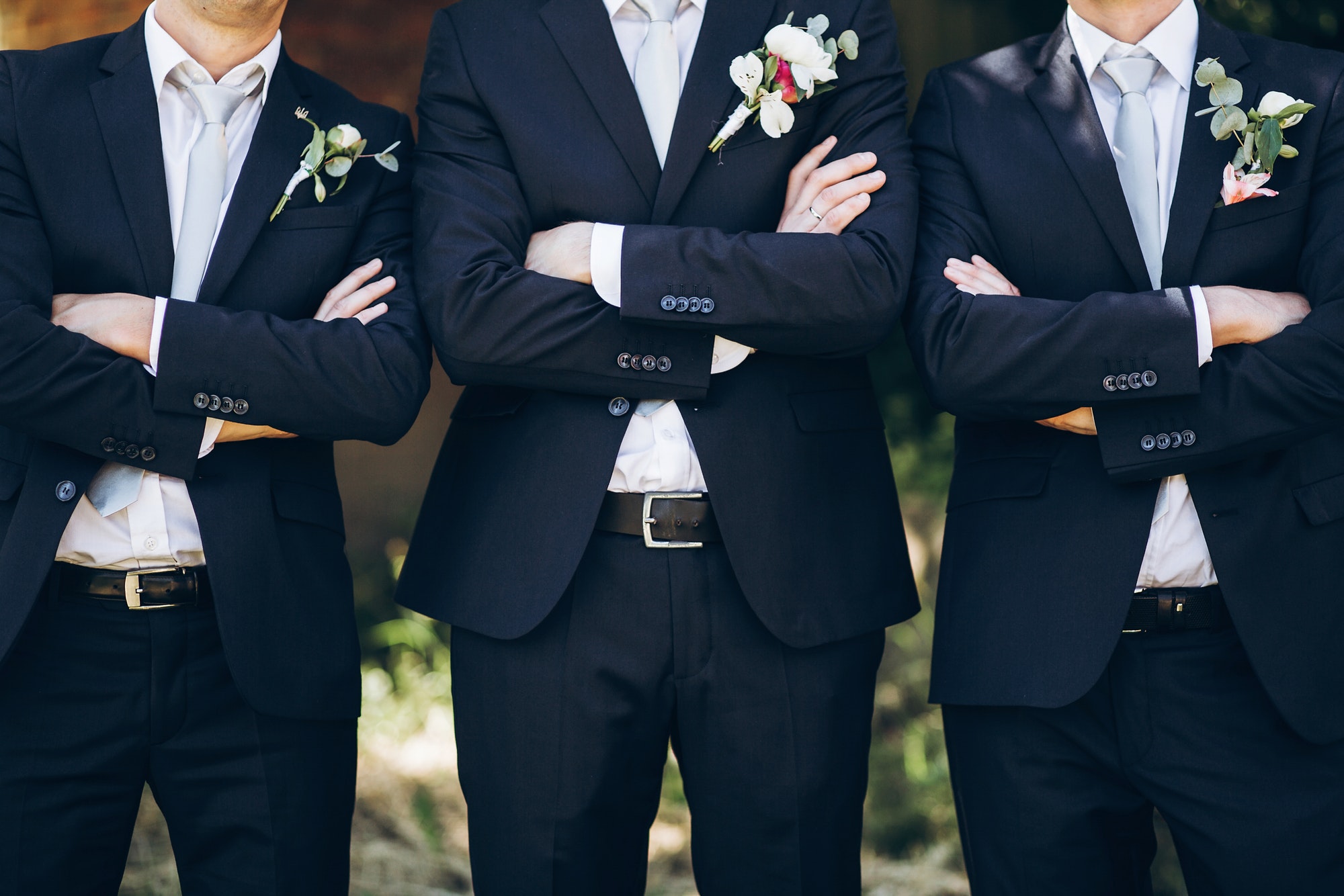In recent years, specialised clothing stores have witnessed a significant rise in the demand for ethnic and cultural fashion. As customers seek to reconnect with their heritage or express their individuality through traditional attire, these niche stores have become vital hubs for promoting cultural diversity in the fashion industry. This trend is not only reshaping the retail experience but also empowering communities and small-scale artisans around the world.
Ethnic and cultural clothing includes garments inspired by traditional dress codes of various regions, such as South Asian sarees and salwar kameez, Middle Eastern abayas, African prints and kaftans, East Asian hanboks or cheongsams, and more. Specialised stores that cater to these styles provide a platform where cultural fashion is not just preserved but also modernised and reintroduced to younger generations.
One key reason for the growth in this sub-category is the increasing multicultural population in many urban centers, especially in cities like London, New York, and Toronto. Second and third-generation immigrants are now embracing their roots more openly, particularly during festivals, weddings, and religious ceremonies. Specialised retailers that focus on cultural wear help bridge this generational gap by offering traditional styles with a modern twist, making them both fashionable and culturally significant.
These stores often go beyond retail—they act as cultural ambassadors. Many support local artisans from their home countries by sourcing handwoven fabrics, embroidered pieces, or block-printed textiles. By doing so, they promote sustainable livelihoods and preserve traditional craftsmanship that might otherwise fade away under the pressure of mass-market production.
The personalised nature of ethnic wear also makes specialised clothing stores crucial. Unlike western-style off-the-rack fashion, many cultural garments require fitting, customization, or design input. Customers are more likely to find these services at a boutique or specialised store, where staff understand the cultural importance of each outfit and can provide styling guidance based on the event or tradition.
Marketing plays a big role as well. These retailers often build their brand through community events, cultural fairs, and social media platforms targeting diaspora communities. Instagram, TikTok, and Facebook are filled with vibrant posts showcasing bridal lehengas, Eid outfits, or traditional festival looks. This not only attracts customers but also reinforces a sense of pride in cultural identity.
Furthermore, the appeal of ethnic fashion is no longer limited to diaspora communities. With globalisation and cultural exchange, many people from outside these cultures are drawn to the beauty, color, and craftsmanship of traditional garments. Specialised stores are now welcoming a wider audience, promoting inclusivity and cross-cultural appreciation.
In conclusion, ethnic and cultural fashion is a growing sub-sector within the retail sale of clothing in specialised stores. It combines heritage, artistry, and modern style to meet the evolving preferences of a diverse consumer base. These stores are not just selling clothes—they’re preserving identity, telling stories, and connecting generations across borders.



